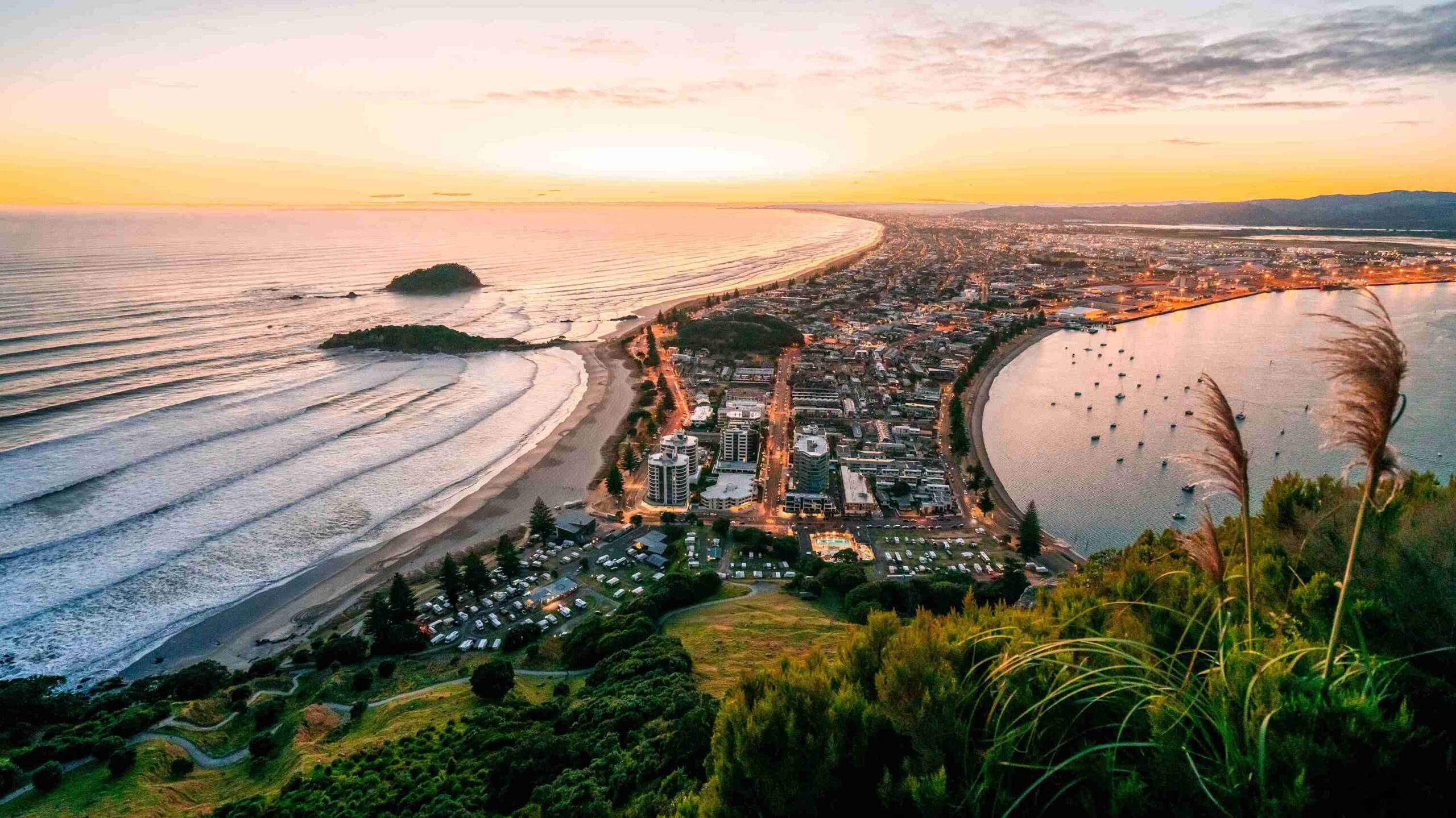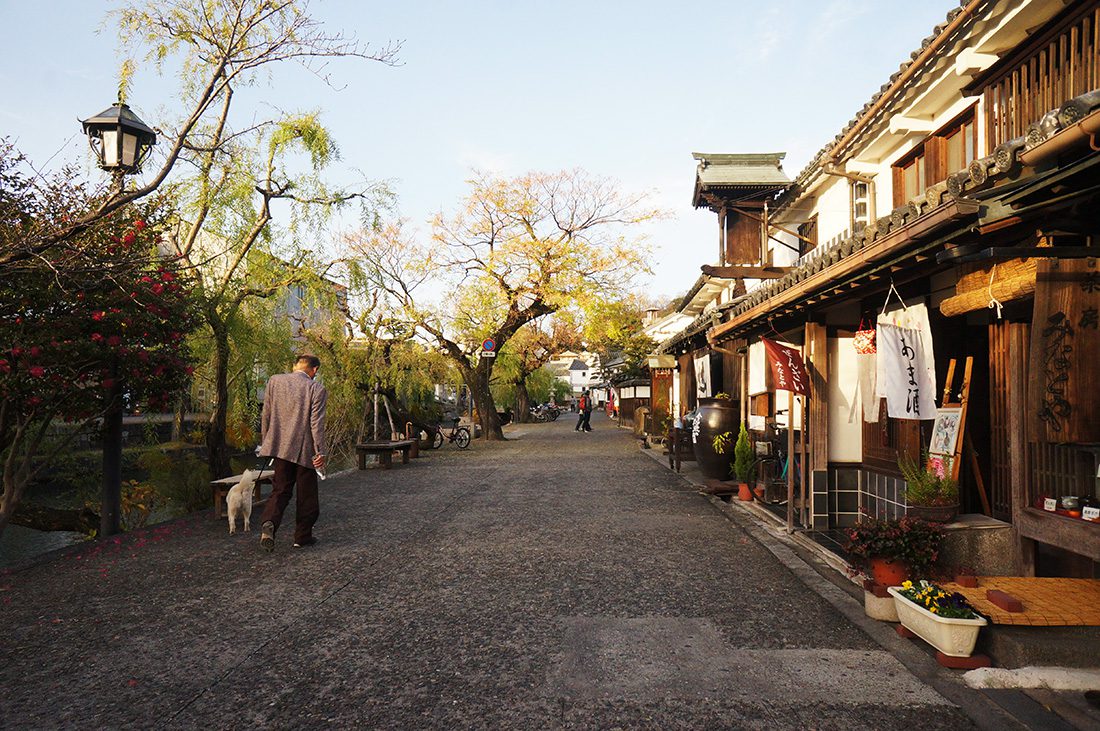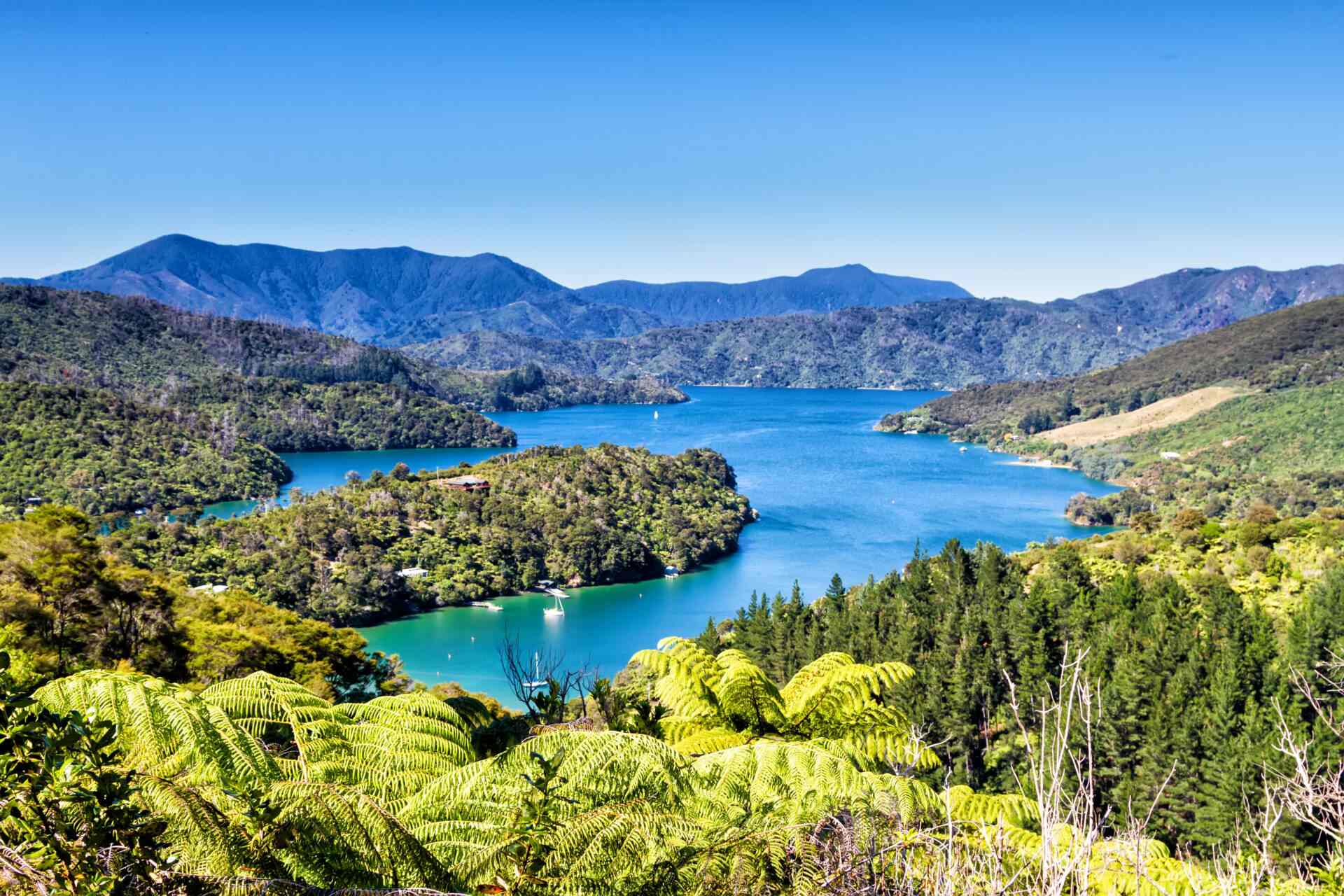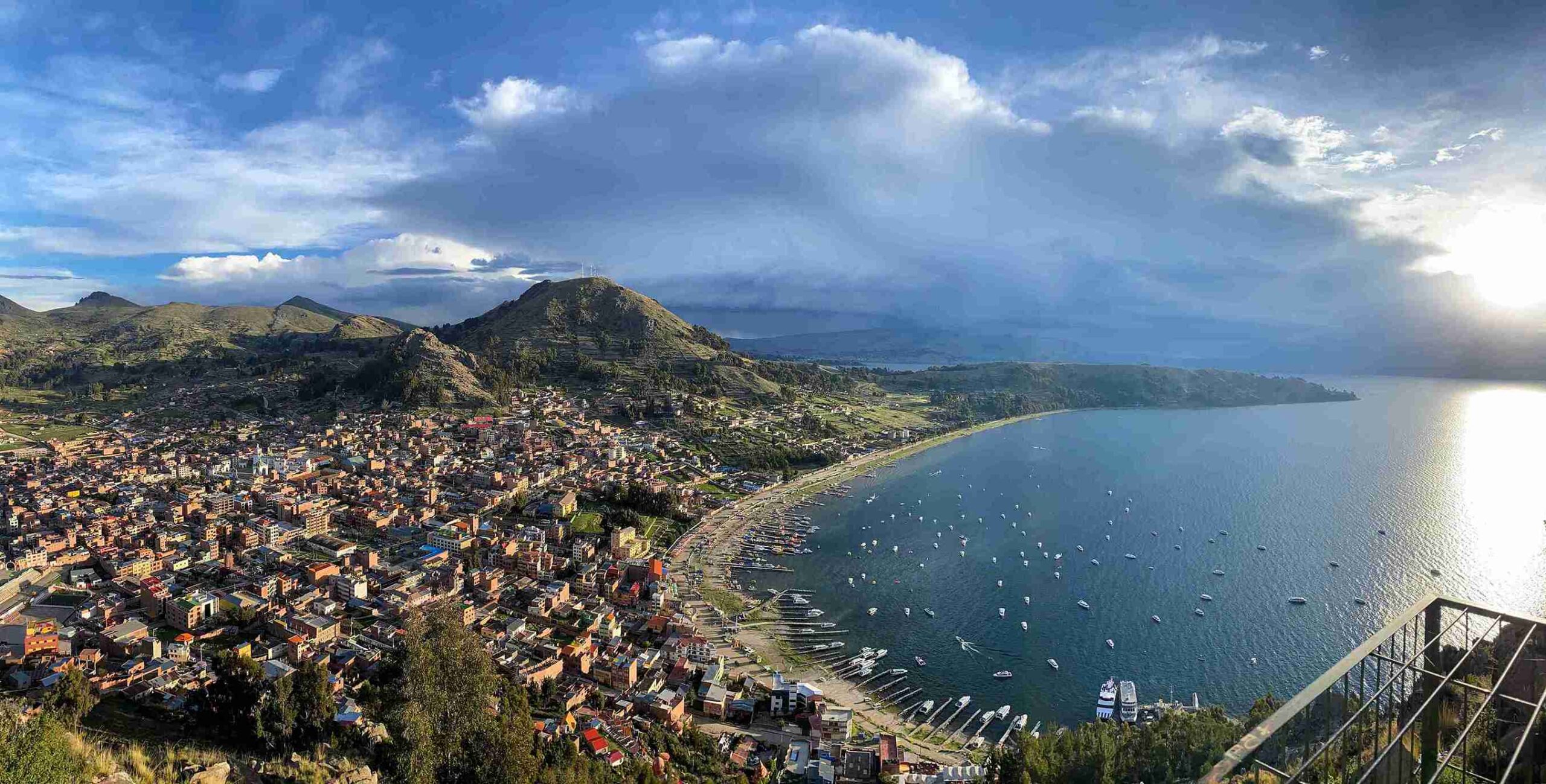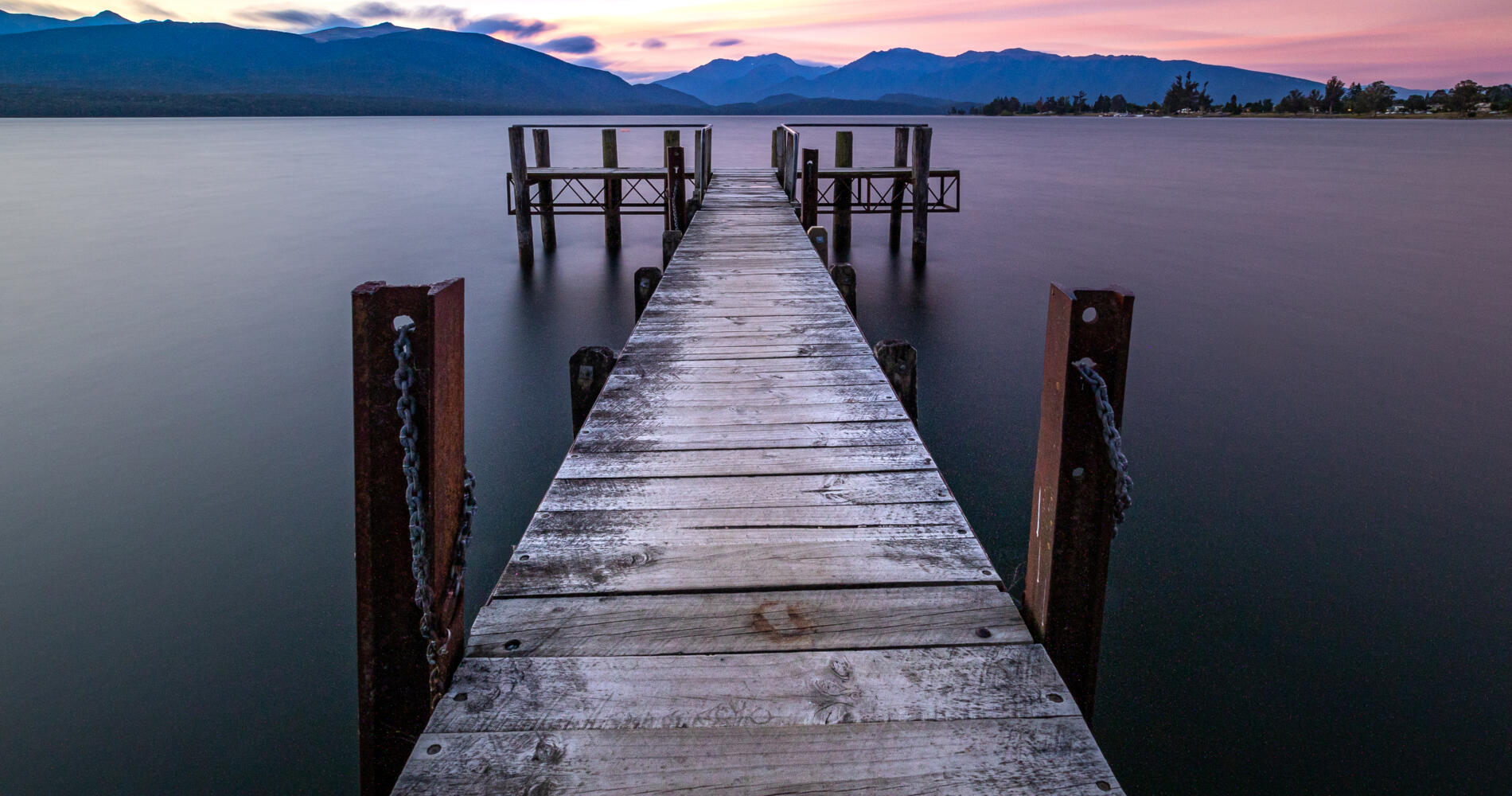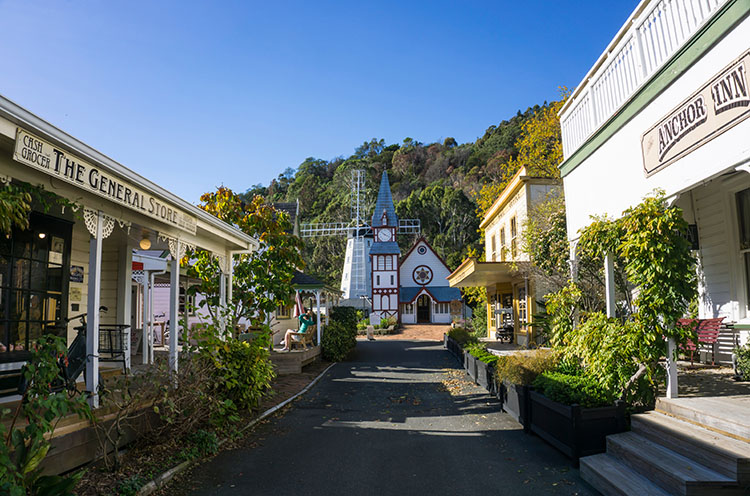Wadi Rum, Jordan – Travel Tips
Category
Categories
Popular Articles
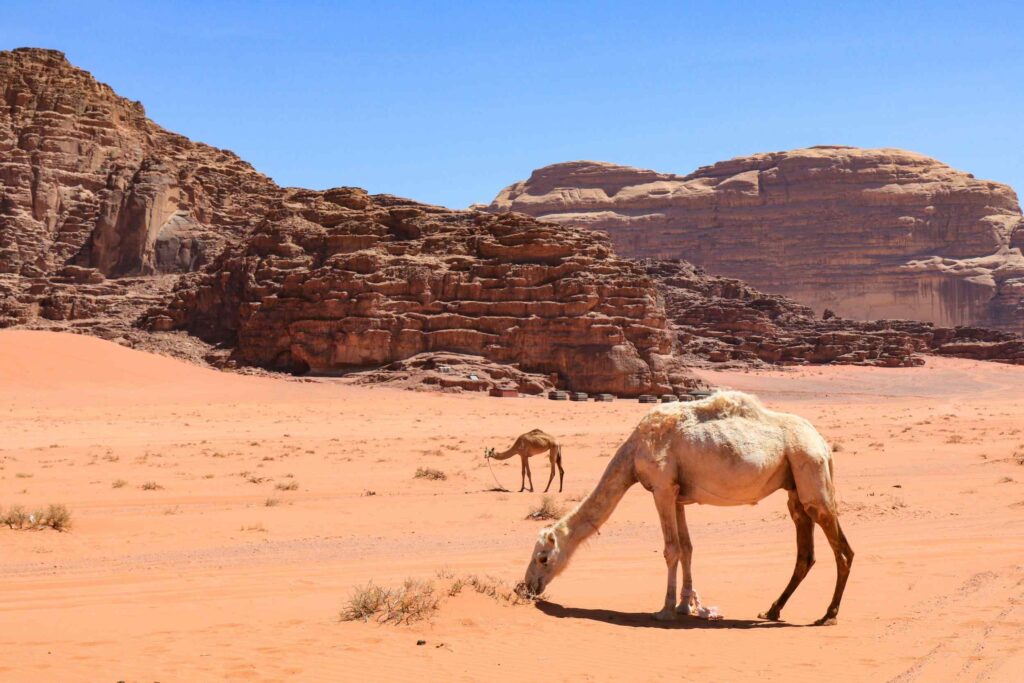
**Overview of the Destination**
Wadi Rum, also known as the Valley of the Moon, is a captivating desert wilderness situated in southern Jordan and is famous for its red dune sands, prehistoric rock formations, and stunningly unique natural arches. It was designated a UNESCO World Heritage site for its natural and cultural significance. The landscape, feeling somewhat extraterrestrial (like Mars), has been the backdrop of several popular films, including “The Martian” and “Lawrence of Arabia.” The ethereal beauty and timeless culture make Wadi Rum a not-to-be-missed destination for nature lovers, adventure seekers, and history buffs.
**Best Time to Visit**
The best times to visit Wadi Rum are between March and May and between September and November, when the weather is mild and enjoyable. The summer months of June through August can get scorchingly hot, with temperatures typically exceeding 40 degrees Celsius (104 degrees Fahrenheit). Conversely, winter, December to February, can be exceptionally cold, particularly at night. An important cultural event to consider is Ramadan, moving within the Gregorian calendar each year. During this month, most local restaurants and shops will have altered schedules, which could impact your travel.
**Climate & What to Pack**
The desert climate in Wadi Rum oscillates between blistering hot days and cool nights, so pack clothing that you can layer. Light, loose clothing for during the day and a warm jacket or fleece for the evenings would be advisable. Essentials to pack include sunscreen, a hat, sunglasses, ample water for hydration, and comfortable hiking shoes. Also, don’t forget your camera to capture the breathtaking scenes of the desert.
**Getting There**
The nearest major airport is the King Hussein International Airport in Aqaba which is approximately an hour away. From the airport, you can take a taxi or book a shuttle service to Wadi Rum. Please be aware that Jordan requires visas for many nationalities, so check the requirements for your nationality before you travel.
**Getting Around Locally**
There is no local public transport in Wadi Rum itself. Your best options for exploring the area would be to book a 4WD jeep tour, a camel ride, or even a hot air balloon ride. For those who are physically fit, hiking and rock climbing can also be excellent ways of exploring the stunning landscape.
**Safety Tips**
Wadi Rum is generally considered safe. However, be cautious while navigating the desert, particularly when climbing the rocks or during dune bashing. Respect local customs and traditions. Dress modestly and learn a few basic Arabic phrases to show respect. Solo travelers should feel relatively comfortable here, but it’s always best to stay connected, be aware of your surroundings, and keep emergency contacts available.
**Top Things to Do & See**
There are plenty of enchanting sites to explore in Wadi Rum. Signature attractions include the Khazali Canyon for its ancient carvings, the majestic Jebel Umm Fruth Rock Bridge, and Lawrence’s Spring named after ‘Lawrence of Arabia’. Don’t miss the red dunes and spectacular sunset views from Um Sabatah. Adventurous souls can opt for rock climbing, sandboarding, or hot air balloon rides. You can also experience Bedouin culture through desert camp stays and traditional meals.
**Where to Stay**
For an unparalleled experience, stay in one of the many Bedouin desert camps, which offer a range of accommodations from luxury ‘martian’ domes to basic tents, catering to all budgets. If you prefer to stay in a city, Aqaba, with its beach resorts, is an hour away.
**Food & Local Cuisine**
The local Bedouin cuisine is heavily meat-based. Be sure to try Zarb, a traditional Bedouin barbecue dish, and mansaf, a lamb and rice dish considered to be the national dish of Jordan. For vegetarians, other staples available include hummus, falafel, and tabbouleh.
**Cultural & Practical Tips**
The Jordanian Dinar is the local currency; Arabic is the official language, though English is widely understood in the tourism sector. The standard voltage is 230 V, and sockets use the type C, D, F, J, and G plugs. Internet access in Wadi Rum might be sporadic and unreliable. Tipping is not required but appreciated. It’s always polite to offer small tips in restaurants and for drivers or tour guides.
**Sustainable or Responsible Travel Tips**
Travel responsibly by respecting the natural environment and local cultures. Stick to designated paths, avoid littering, and do not disturb the wildlife. Also, remember to buy local products to support local economies instead of imported goods.
Lastly, immerse yourself in the experience. Wadi Rum offers a unique blend of natural beauty, cultural history, and personal freedom that is hard to replicate. Making the most of your visit means allowing yourself to be present and fully appreciate the rugged splendor of this incredible desert landscape.


